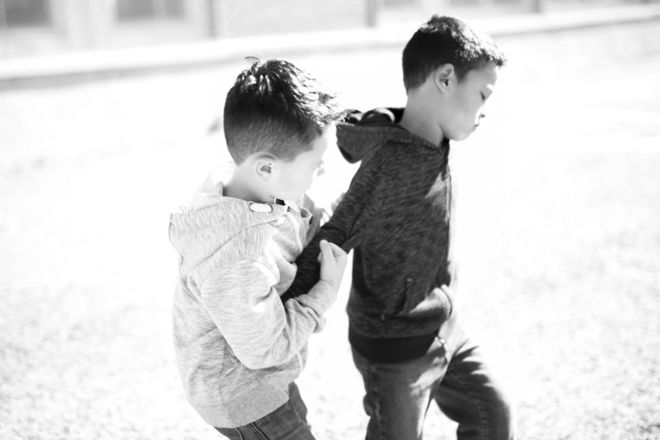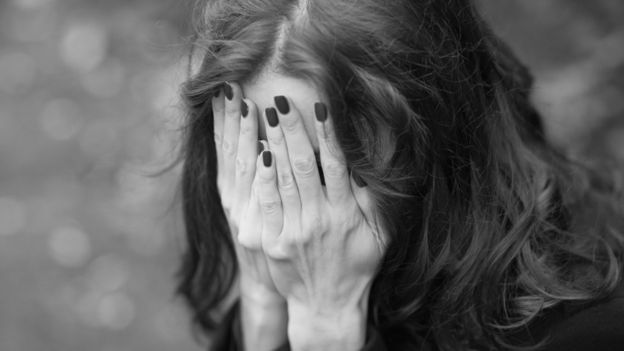
What do you do if your child frightens you? What if they seem unable to feel empathy and don't care about punishment? Children with what psychiatrists call "Callous Unemotional Traits" are more likely to go to prison and may, in extreme cases, become psychopaths in adulthood. Jane and Paul say parents in this difficult situation need more help.
Jane: When Max came to us, our whole world was turned upside down. We were really thrown in at the deep end, we didn't know whether we were coming or going. It was a huge adjustment for us.
Paul: Max is adopted and there's always a certain amount of uncertainty that comes with that. We realised very early on that there were some problems, but you hope that with the support of other people then you're going to be able to overcome those.
Jane: We knew adopting Max was a risk before he came to live with us, but what we were led to believe was: "Give him a secure home, family life, make him feel safe, give him all those things that he hasn't had and in time…"
It's always: "In time, in time, in time."
We had his history when we adopted him so we knew he'd had a lot of problems at school previously. On his first day when we put him into the primary school here they were struggling. There were lots of days when they couldn't cope with him.
He hit out at other children as well. There was one instance where he knocked the glasses off another pupil. It's not playground fights - he has never fought against a peer or an equal for any reason, it's always just that he's unhappy and he goes for someone to let out his unhappiness.
Jane: There was a time when he got a knife, it was a small knife from the kitchen, and he started putting it up against another child. Within a few months Max had been excluded.
We realised: "This is a child we never expected to have to manage."
The first time I went to CAMHS [Child and Adolescent Mental Health Services] they said: "He's still settling in."
I don't cry often but I was in tears because I thought: "We really, really need help, we are out of our depth with him."

Paul: It's always been difficult at home. Early on he was obviously much smaller so you could pick him up, but now he's a teenager, he's much larger, he's able to push his weight around, and to restrain him you have to actually use quite a lot of force.
He's got a younger sister, and we have to physically get between the two of them, to make sure that she doesn't get hurt by him. We can't leave them alone together. It's very much like having a toddler and a new-born baby all the time.
At night when they go to bed, I stay upstairs with them until Max's sister has gone to sleep because we can't trust him not to do something. We're monitoring him, supervising him, from him waking up until he goes to sleep.
Comments
Post a Comment